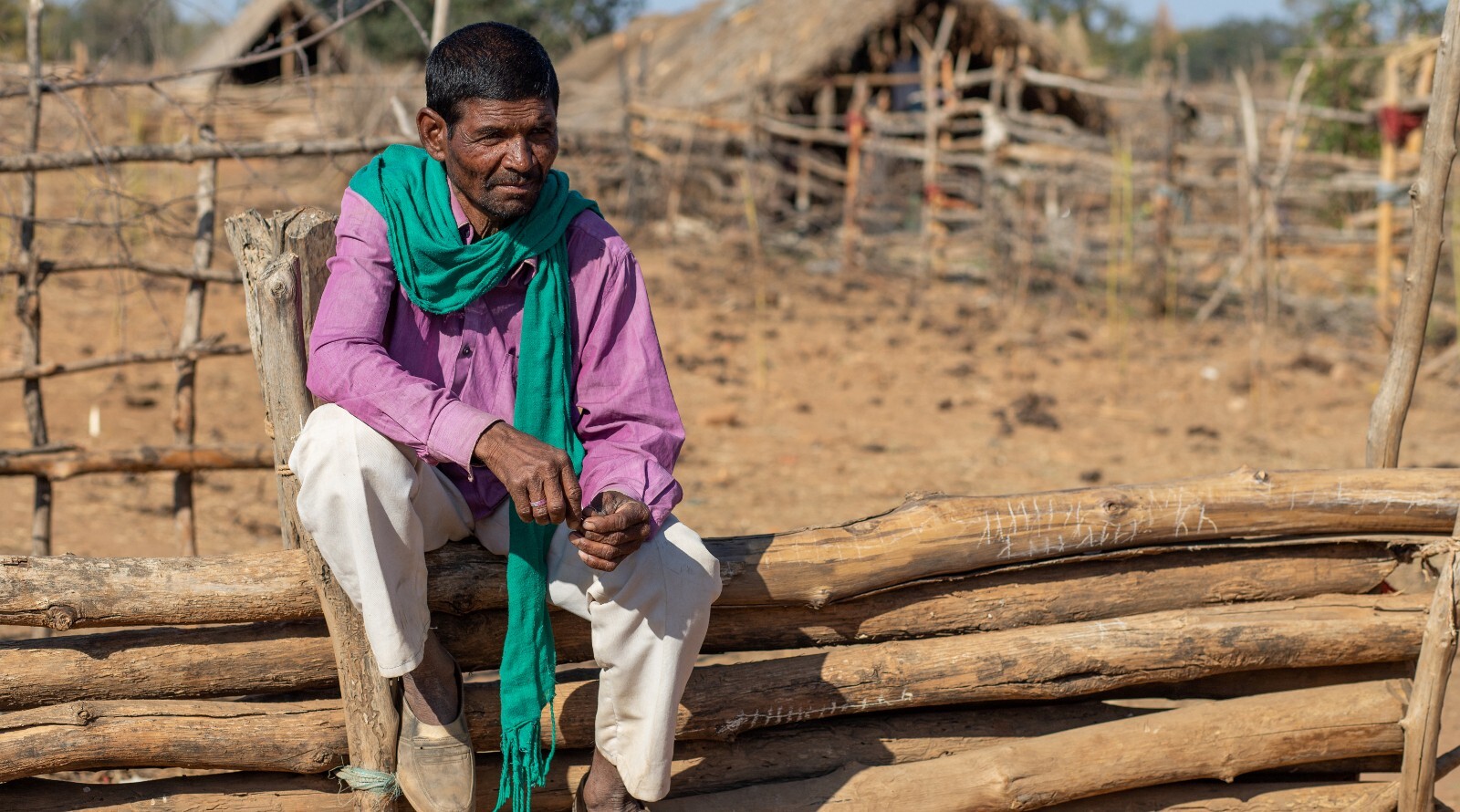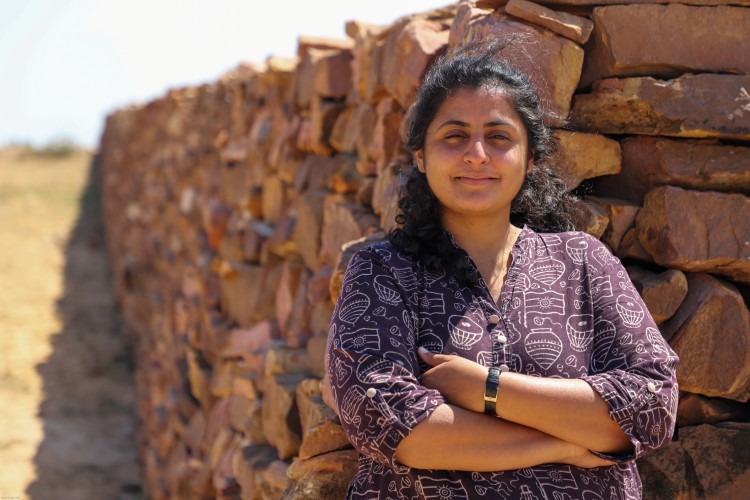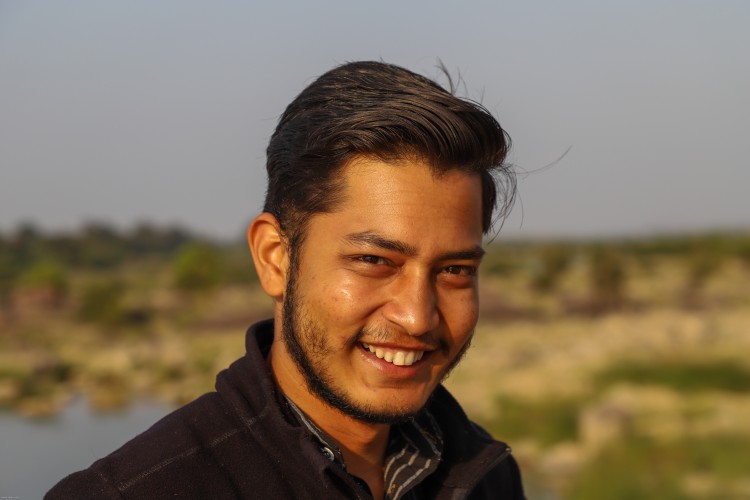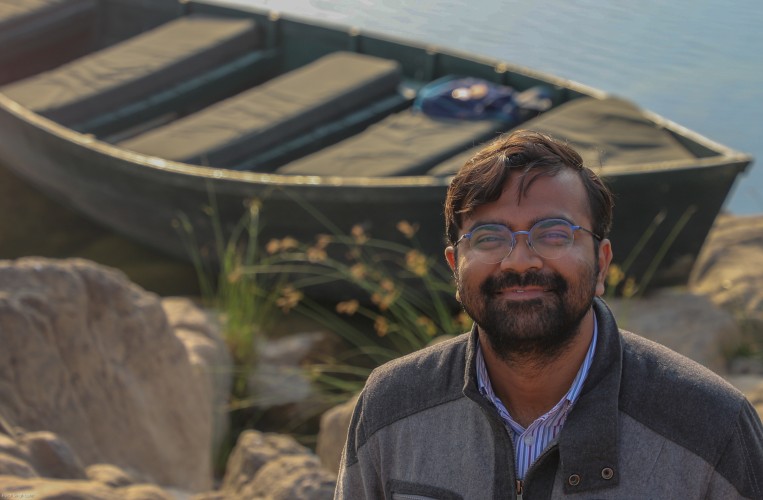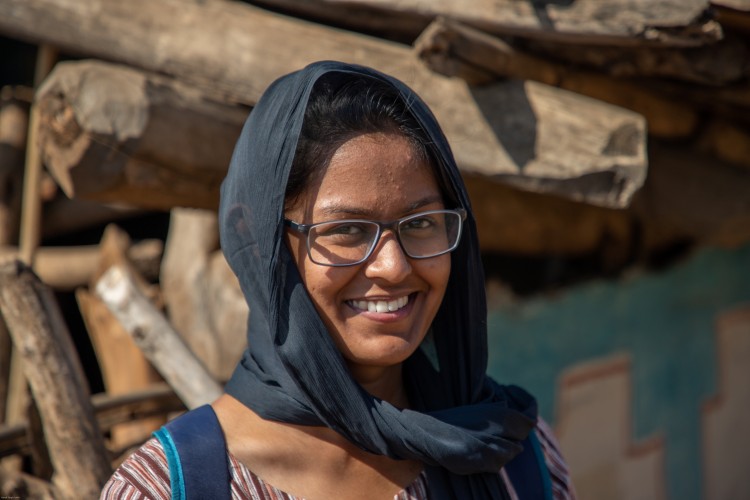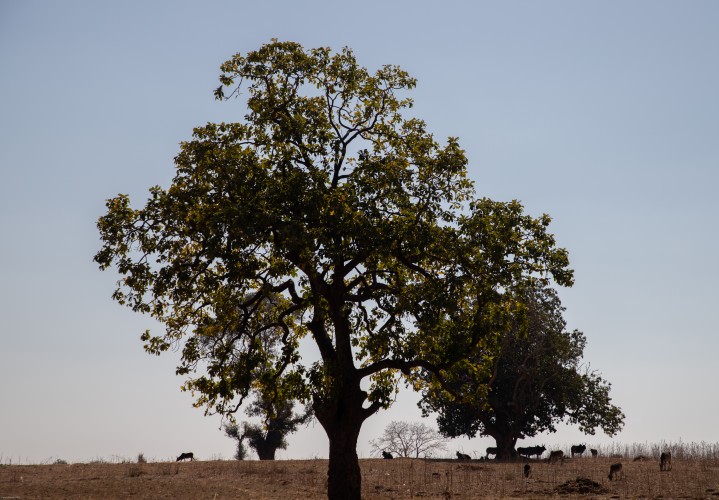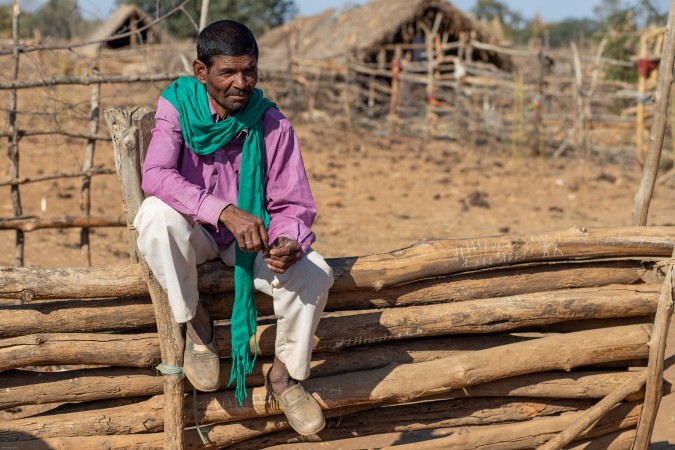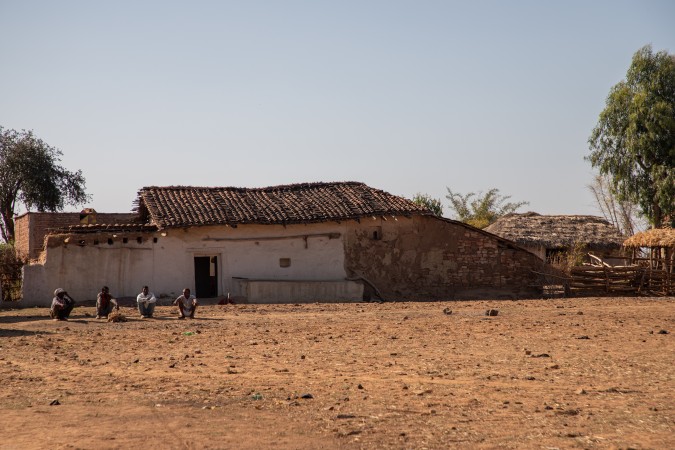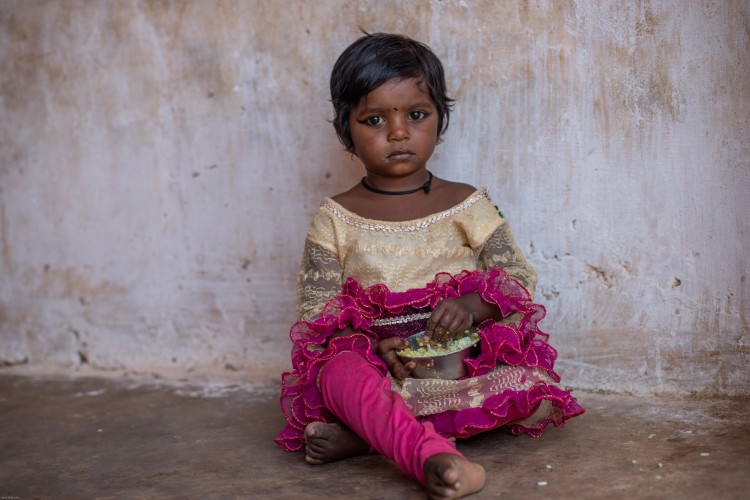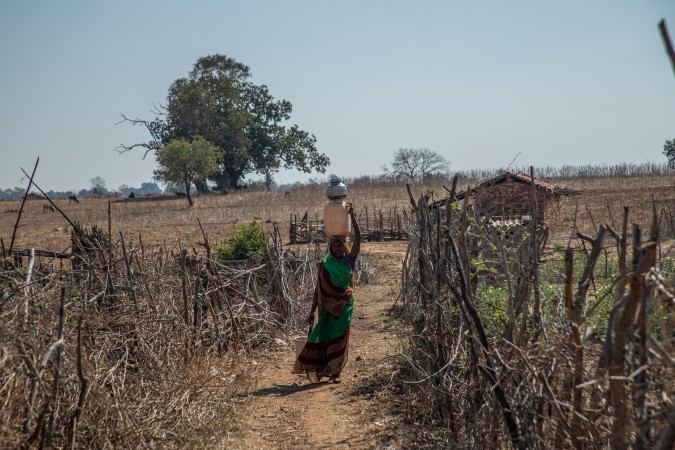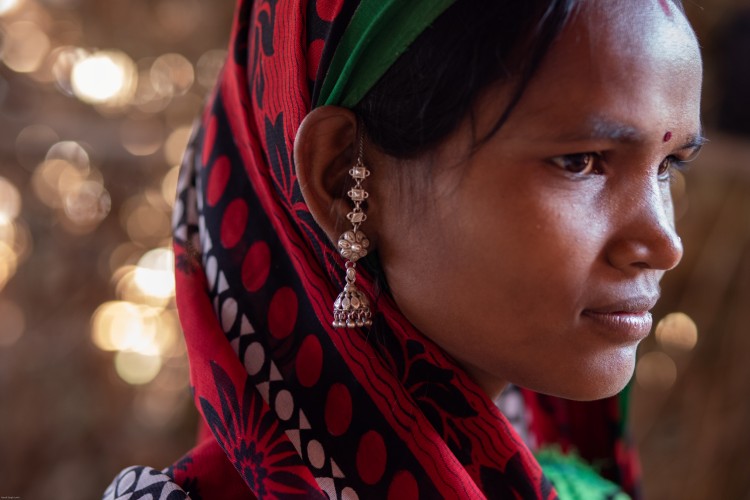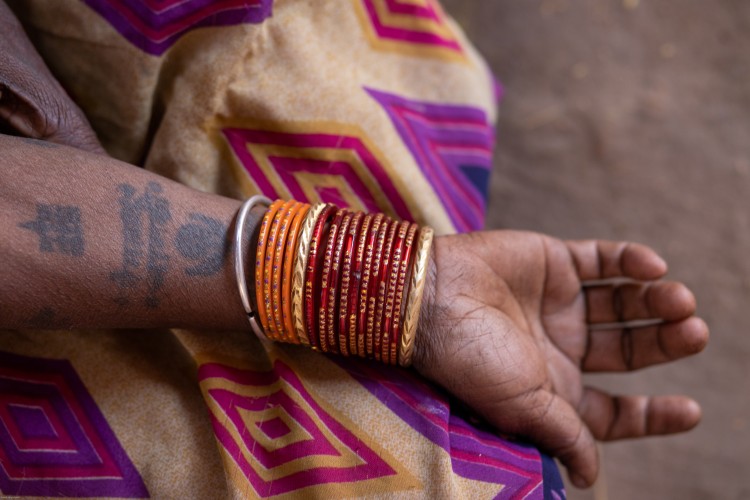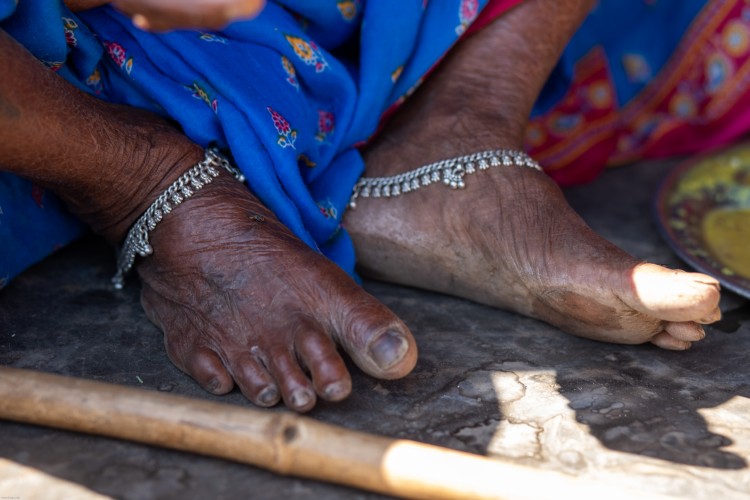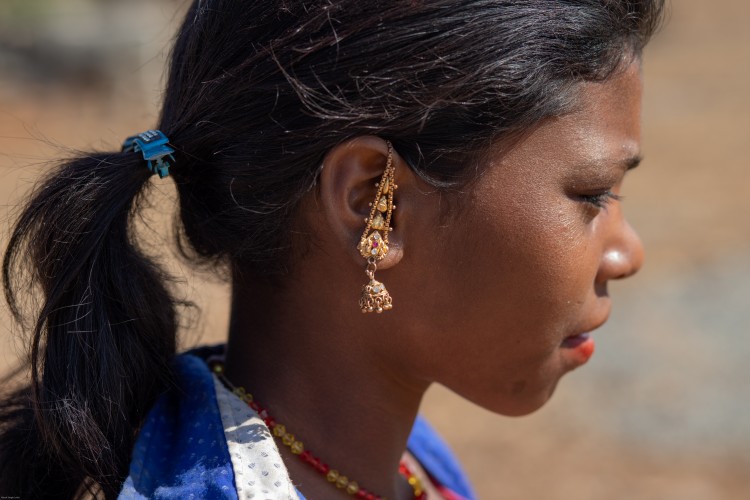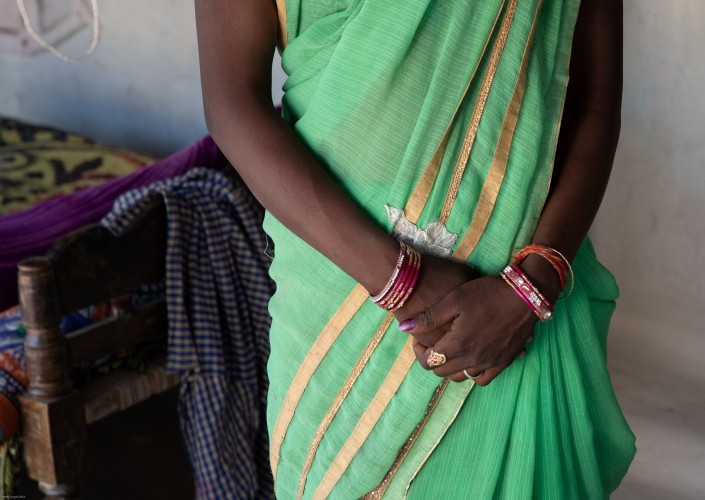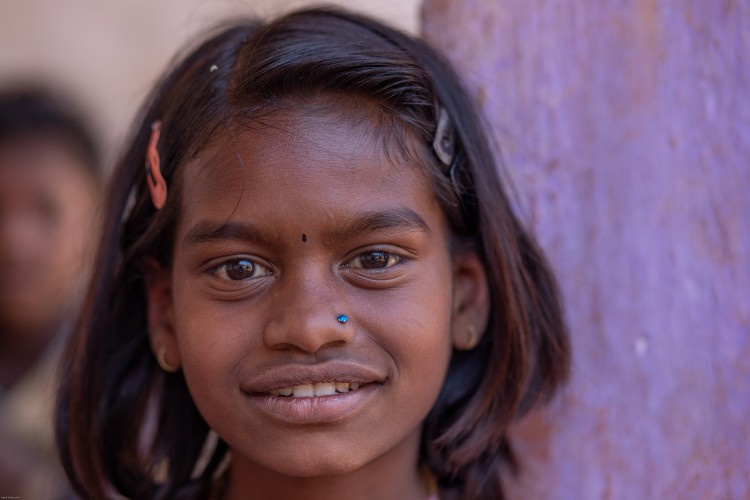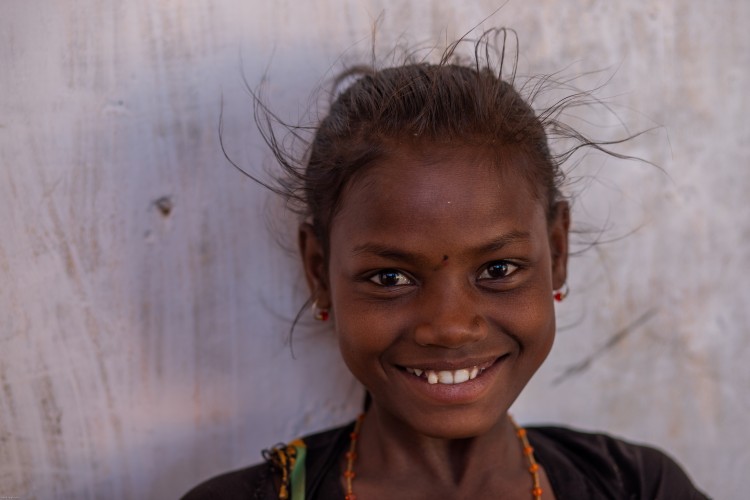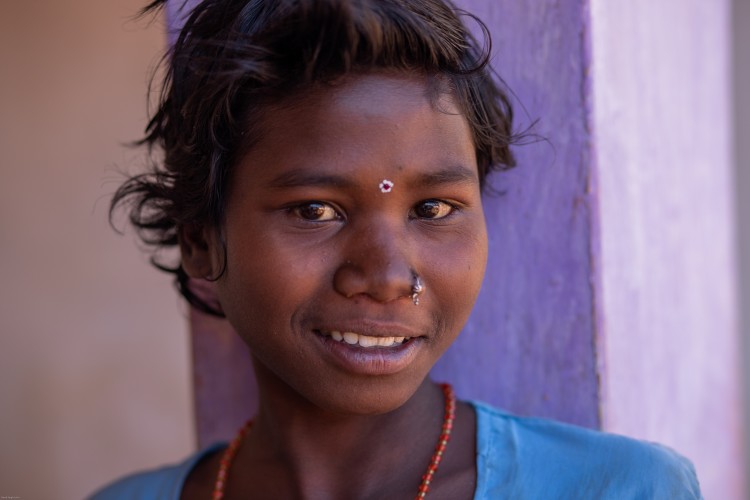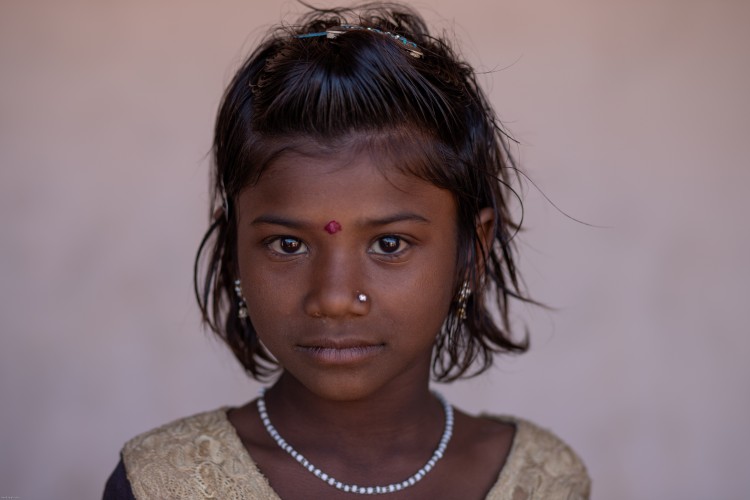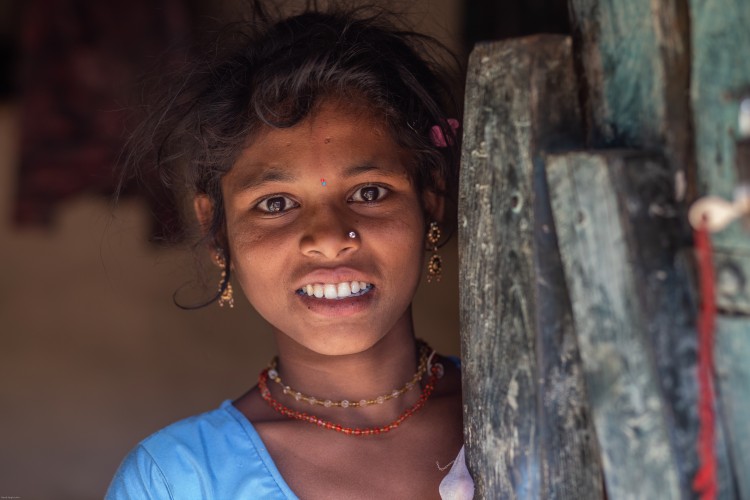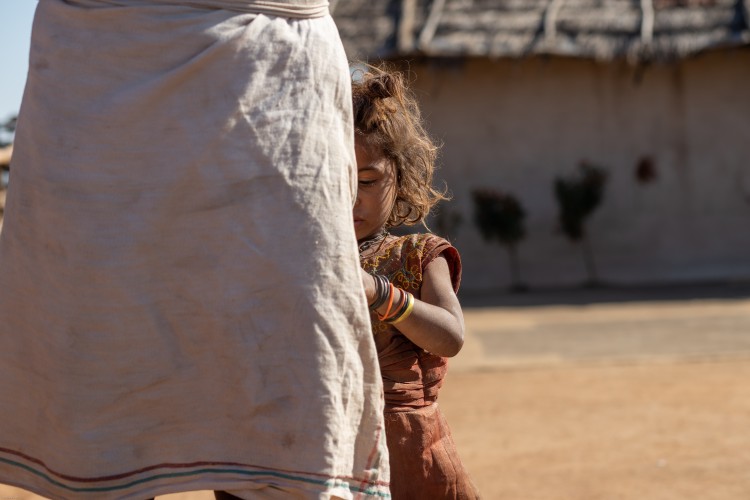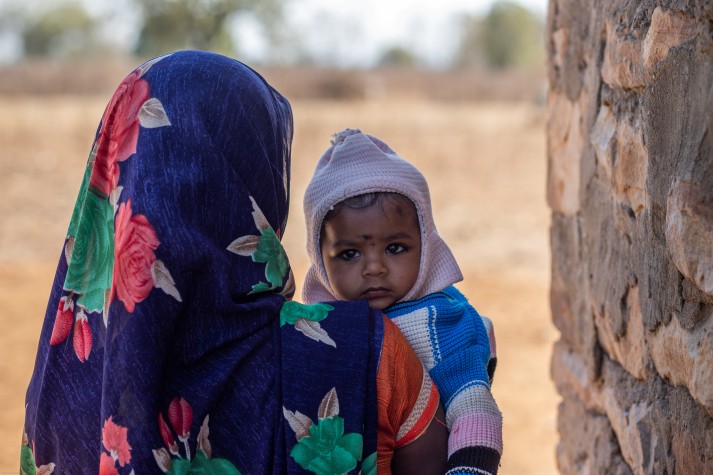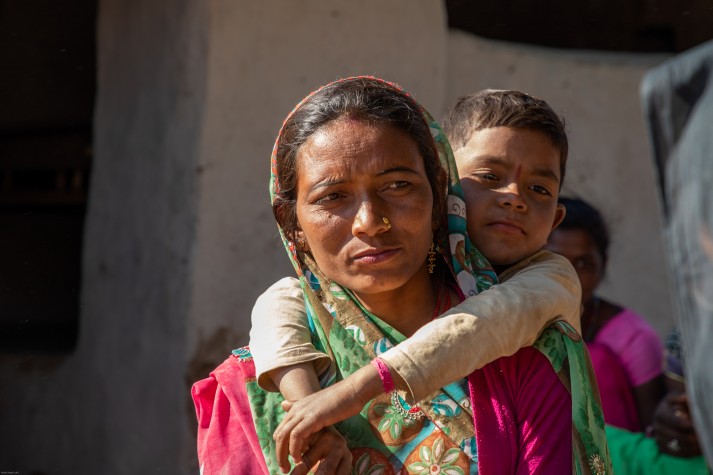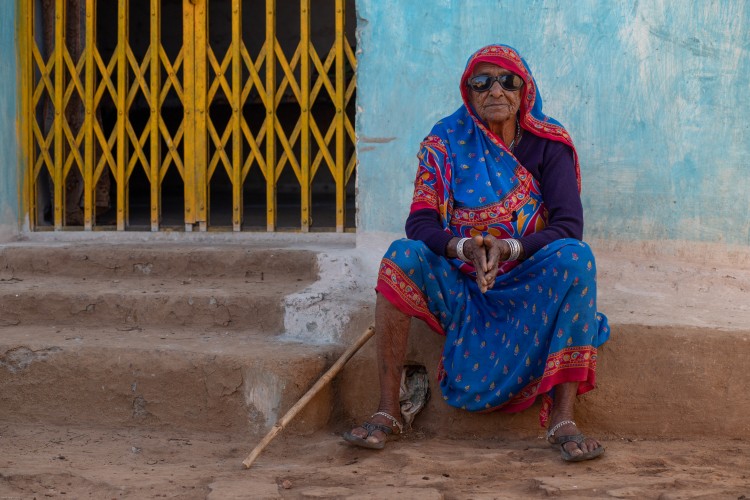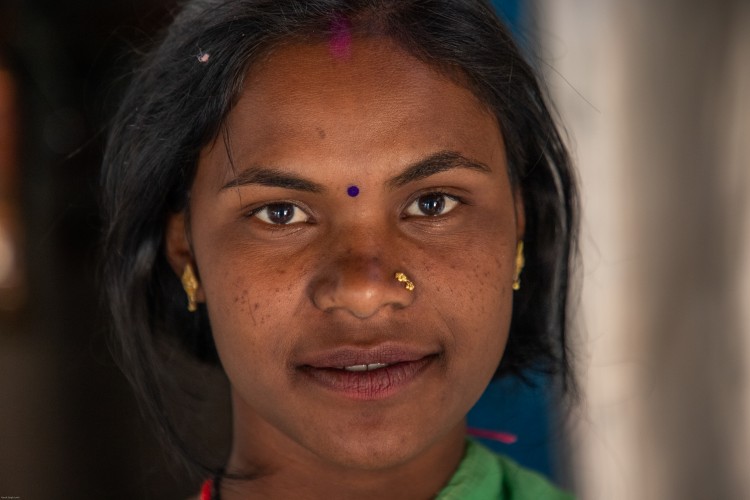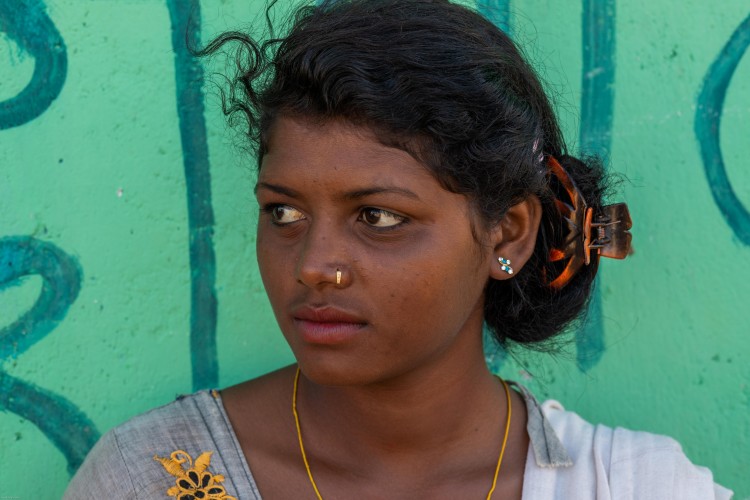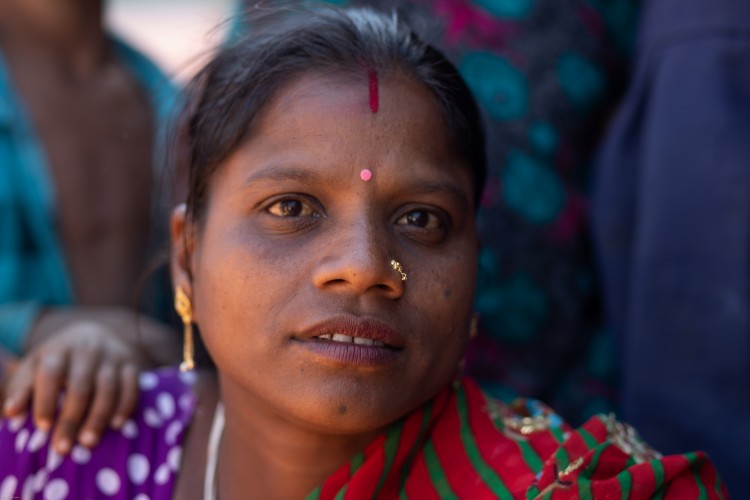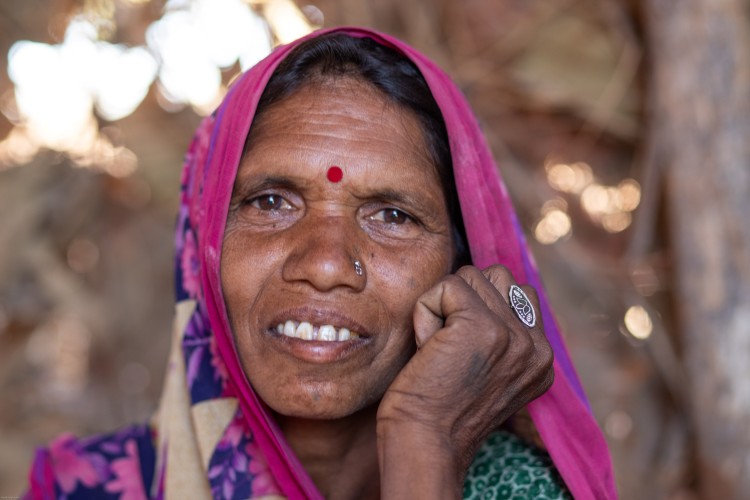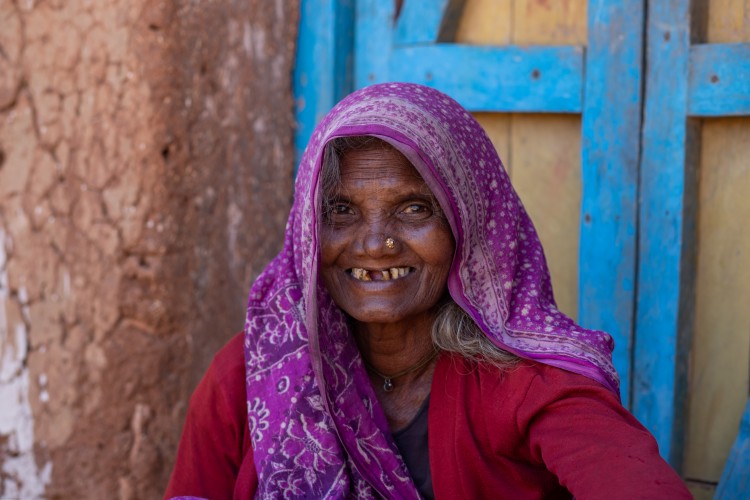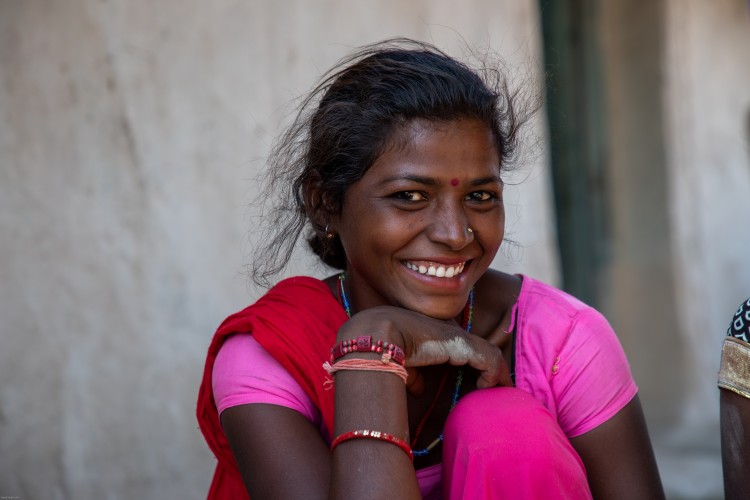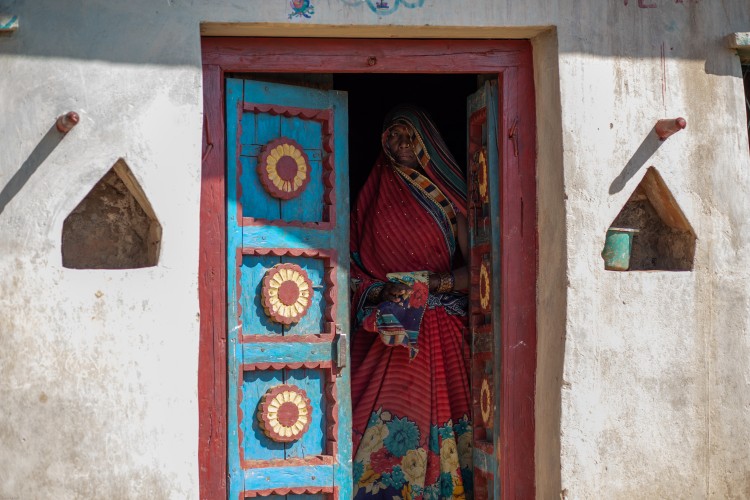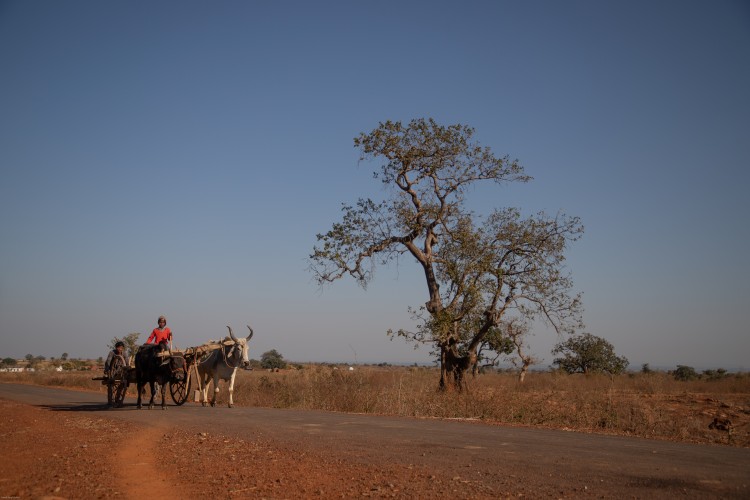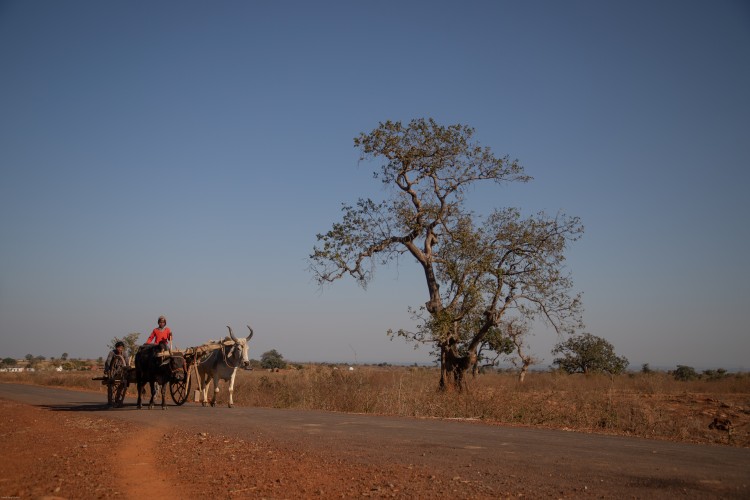It was inspiring to spend time with Nikita, Saurav, Tushar and Dyuti in Panna in late February 2019, and to witness their compassion and love for humankind. Why else would these bright youth from privileged backgrounds choose to live in small towns and work in remote villages in the poorest parts of poor India when they could be in the race for livelihoods in the big cities, the option they decisively chose to turn away from.
“I think this is the real key: to love what you do. …..To find out what you love to do demands a great deal of intelligence; because, if you are afraid of not being able to earn a livelihood, or of not fitting into this rotten society, then you will never find out. But, if you are not frightened, if you refuse to be pushed into the groove of tradition by your parents, by your teachers, by the superficial demands of society, then there is a possibility of discovering what it is you really love to do. So, to discover, there must be no fear of not surviving".
- J. Krishnamurthi, Think On These Things, 1964
Our schools and colleges - educators, parents, students - seem obsessed solely with imparting and gaining skills for making a living; surely that cannot be the sole objective of modern education? These young men and women are in love with what they do, clearly not taught by their schools, and I can see this love affair becoming increasingly deeper over time. Making a living will inevitably happen, and many of these youth will likely yearn for the consumption that is out of reach, but they will gain the opportunity to be rich in relationships and love beyond measure.
Gentle Saurav Verma is an engineer from Bhubaneshwar recently out of college, and the only one from his batch who did not see himself taking entrance examinations for a clutch of government or corporate jobs and spending his life making a living. Amazingly piercing vision, for one so young. His parents are settled in Bokaro, the steel city, and I assume they are yet bemused by Saurav’s choice of joining the India Fellow program in 2017 where he worked with the NGO Mant on setting us a community radio in Santhal villages in Purulia, Bengal.
Since then, Saurav joined a ‘direct action’ project of India Fellow in 10 proximate tribal villages in district and block Panna, sub-block Devendranagar in the impoverished Bundelkhand region in Madhya Pradesh. They intend to identify the root causes of the unusually high infant mortality of 120 (of 1,000 births) in this Raj Gond tribal block - Panna district itself is at an abysmal 86, India is at a relatively low 34. Infant mortality is 8 in Europe, and in our neighbour Sri Lanka too. India Fellow plans to run a multi-year long program – they have funding for the initial 3 years, starting April 2019 – to do something about it.
The Panna project is directed by bubbly Nikita Cruz, the single child of a supportive Tamil mother and a Mangalorean father. She too had an alternative vision of her ‘career’ while pursuing Economics from St Xavier’s in Mumbai, joined India Fellows, worked in the social sector and in a corporation, and returned for her Masters from Tata Institute of Social Sciences in Mumbai. She went back to India Fellow to help manage the growing program that by now has 175 alumni since its founding in 2010 by social entrepreneur Rahul Nainwal.
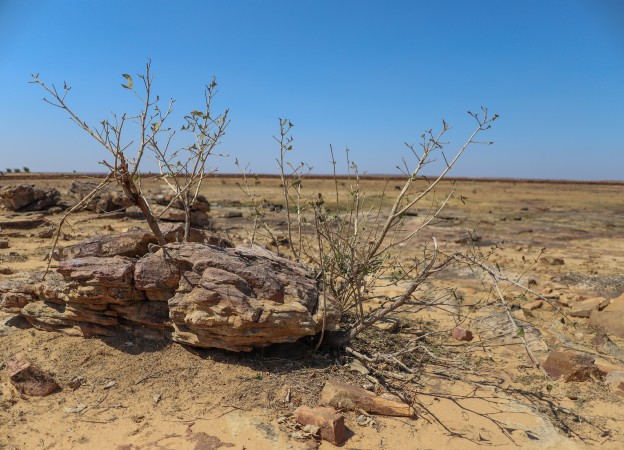
In the arid buffer zone of the Panna Tiger Reserve.
Bundelkhand is a parched, dry land split between Madhya Pradesh and Uttar Pradesh. Agriculture is mostly rain-fed (as 60% of Indian farming is) and with that comes the inevitable challenge of income for a family of 5 of less than Rs 10,000 a month.
We spent a day at Khamri village, populated by the Raj Gond adivasi community.
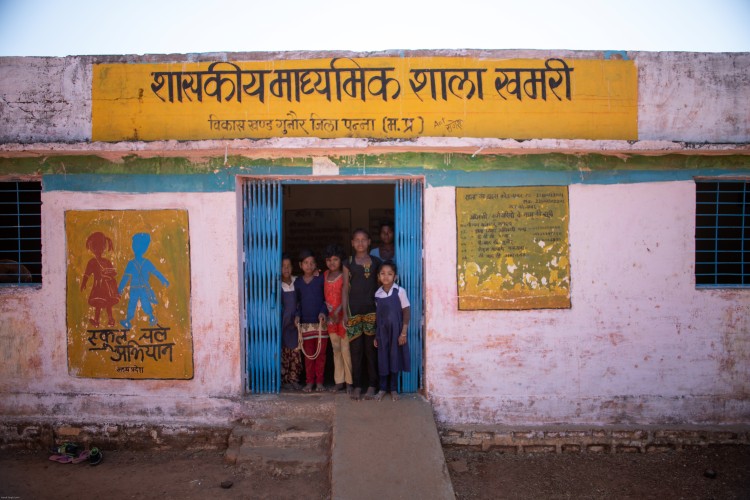
Middle School building, Village Khamri
All agriculture is rain fed, and these tribal farmers possess small land holdings of 2 to 10 acres of arid land that grows a single annual crop of Arhar (Pigeon Pea) or some millets. Irrigated land in the Doab of only 1 acre could produce throughout the year what perhaps 25 acres here cannot. What is worse, there are no opportunities for alternative employment other than limited daily labour in distant villages where there is seasonal harvesting or sowing work for the men, or in the nearby small towns. Rural employment is as neglected as it has been since independence in 1947, and only the cities and towns thrive with modern service and manufacturing industry. No wonder the dispossessed migrate to the urban areas in their millions annually, uprooting themselves from their secure villages to seek a living wage.
I could see for myself, in my very brief visit, that poor maternal and infant health is endemic. Stories of children and mothers dying in childbirth were not uncommon. Men are emaciated too, some clearly drunk (in the middle of the day) probably with Mahua or some local ‘pouch’ alcohol.
There are some energetic community health workers: the accredited social health activist, ASHA didi (sister); the Anganwadi centre didi which is expected to provide various degrees of nutrition, pre-school day care and health education as well as services like immunization, health check-up etc.; and finally the Auxiliary nurse midwife, the ANM didi. It is a comprehensive primary health care system for women and children if it worked, and there lies the rub.
Women work hard, carry loads of firewood for sale for kilometres. I heard what is a typical story of an expectant mother who had no choice but to continue to do this hard manual labour in the eight month of her pregnancy, for if she did not she would have no income.
I saw enormous beauty in these villages, of the body and of the mind. Jewellery and bangles from the local bazaar are worn as elegantly as if they were made of gold, not baubles for rupees 25.
The Girl Child of Khamri and Koni
 The Girl Child of Khamri and KoniThe Girl Child of Khamri and Koni
The Girl Child of Khamri and KoniThe Girl Child of Khamri and KoniThe Girl Child of Khamri and Koni
 The Girl Child of Khamri and KoniThe Girl Child of Khamri and Koni
The Girl Child of Khamri and KoniThe Girl Child of Khamri and KoniThe Girl Child of Khamri and Koni
 The Girl Child of Khamri and KoniThe Girl Child of Khamri and Koni
The Girl Child of Khamri and KoniThe Girl Child of Khamri and KoniThe Girl Child of Khamri and Koni
 The Girl Child of Khamri and KoniThe Girl Child of Khamri and Koni
The Girl Child of Khamri and KoniThe Girl Child of Khamri and KoniThe Girl Child of Khamri and Koni
 The Girl Child of Khamri and KoniThe Girl Child of Khamri and Koni
The Girl Child of Khamri and KoniThe Girl Child of Khamri and KoniThe Girl Child of Khamri and Koni
 The Girl Child of Khamri and KoniThe Girl Child of Khamri and Koni
The Girl Child of Khamri and KoniThe Girl Child of Khamri and KoniThe Girl Child of Khamri and Koni
The Women of Khamri & Koni
 Santosh, the ASHA didi of Koni villageSantosh, the ASHA didi of Koni village
Santosh, the ASHA didi of Koni villageSantosh, the ASHA didi of Koni villageSantosh, the ASHA didi of Koni village
